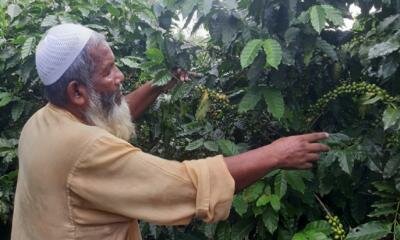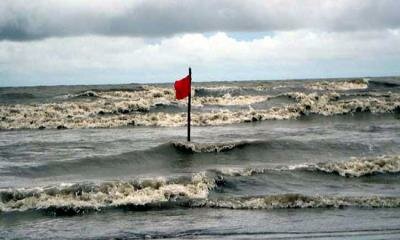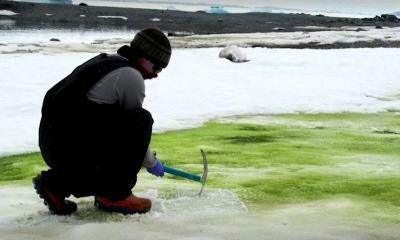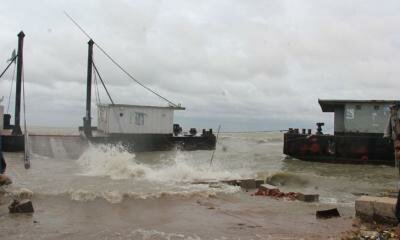UNICEF‘s first-ever Children’s Climate Risk Index , Climate shocks’ threaten over half of Earth’s children
Cox Gazette August 27, 2021, 11:00 AM

As every day brings us new stories of climate-related horror, there’s never been a better time to be old. Because the children are the ones who will grow up to face increasingly extreme and bizarre climate disasters in the decades ahead. Sure enough, UNICEF‘s first-ever Children’s Climate Risk Index shows that almost half of the world’s children fall into the extremely high-risk category for facing what UNICEF described in a tweet as “climate shocks.”
Developing countries tend to have both more children and harsher climate impacts. The new report cited disease, drought, food shortages and extreme heat as some of the impacts these kids will face. The billion vulnerable children live in dozens of high-risk developing countries, including Nigeria, India and the Central African Republic.
For the study, UNICEF analyzed high-resolution maps showing climate impacts. It considered poverty, access to clean water and other factors that make children less likely to survive extreme weather events and other catastrophes.
But privileged children in more developed countries aren’t safe, either. The report concluded that nearly every child in the world is at risk for one or more types of climate-related impact, such as air pollution, flooding rivers and heatwaves. “Virtually no child’s life will be unaffected,” Fore said.
The report posits that kids should be included in policy discussions affecting their future, including the United Nations Climate Change Conference (COP26) taking place in Glasgow, Scotland this November. Leaders attending COP26 plan to strategize for global net-zero carbon emissions no later than 2050. “Children and young people need to be recognized as the rightful heirs of this planet that we all share,” Fore told The Guardian.
News via inhabita
More News from Environment
-

Internet access will no longer be blocked in Ukraine says Elon Musk
-

No possibility of US sanctions expansion: Shahriar
-

UNHCR and IOM Condemn Deadly Attack on Displacement Site in DR Congo
-

Teleworking during COVID: Risks, benefits and steps to a ‘new normal’
-

Army officer among 4 dead in Bandarban gunfight
-

Health tech startup Best Aid raises investment from YY ventures.
-

DiCaprio praises Bangladesh on new marine protected area around St Martin`s
-

Guterres calls for end to conflict in Ethiopia after deadly attacks
-

Rohingya refugee camps hit by second fire in 10 days ,Leaving thousands homeless
-

BNCA begins a shadow investigation into elephant killing in Cox’s Bazar
-

One more elephant found dead in Cox`s Bazar, death toll 7 in 11 days
-

Shahriar Nisan joins BDMORNING as Acting Editor
-

Two more Rohingya men arrested over Mohib Ullah killing
-

One arrested over Rohingya leader Muhib Ullah killing.
-

Hundred Plus UN Job Openings in a glance
-

Youth empowerment for tourism’s future ,The eight winning solutions
-

UN Refugee agency condemns killing of Rohingya refugee leader
-

Thousands of `Rohingya Refugees` pay their last respects to Mohib Ullah
-

Rohingya Leader Mohibullah Killed in Cox`s Bazar camp
-

Internet connection cuts off in more than ` 25 `townships in northwestern Myanmar









Write Your Opinion :